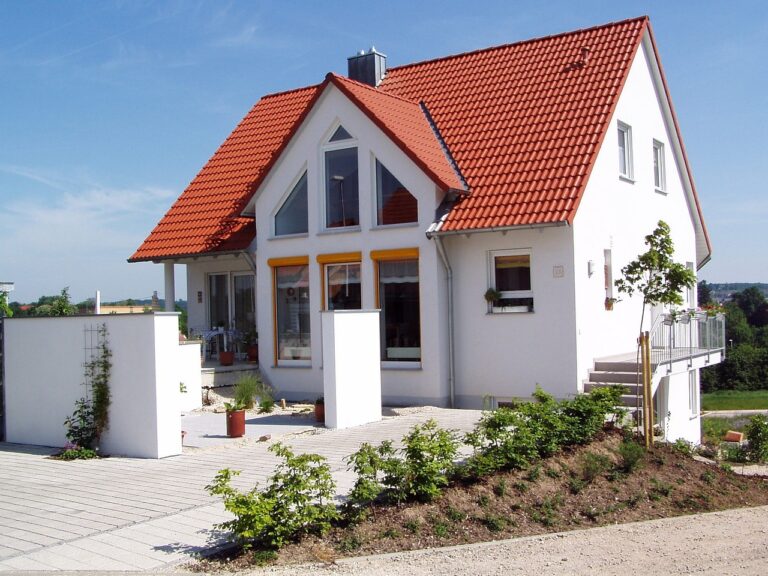Tapping into the Millennial Market for Home Improvement
Millennials, defined as individuals born between 1981 and 1996, approach home improvement with a unique perspective compared to previous generations. For Millennials, the concept of home improvement goes beyond just functionality and aesthetics; it reflects a desire to create spaces that align with their values and lifestyle. This generation values sustainability, flexibility, and individuality, driving them to seek out eco-friendly materials, multipurpose furniture, and personalized design elements to make their living spaces truly their own.
Moreover, Millennials prioritize experiences and convenience in their approach to home improvement. The rise of technology has influenced their preferences, leading them to embrace smart home devices, energy-efficient appliances, and tech-savvy solutions that streamline daily tasks. With an emphasis on social connections and collaborative living, Millennials are also more inclined to consider shared spaces, communal amenities, and co-living arrangements when planning their home improvement projects.
Identifying key trends in the Millennial home improvement market
One key trend in the Millennial home improvement market is the growing preference for sustainable and eco-friendly materials. Millennials are increasingly conscious about the environmental impact of their choices, leading them to seek out products that are environmentally friendly and energy efficient. This has resulted in a rise in demand for products such as energy-efficient appliances, solar panels, and recycled building materials.
Another trend among Millennials in the home improvement market is the focus on smart technology and automation. With the proliferation of smart home devices and technology, Millennials are keen on incorporating these features into their living spaces to enhance convenience and efficiency. From smart thermostats and lighting systems to security cameras and door locks, Millennials are embracing technology to make their homes more modern and functional.
Utilizing social media to reach Millennial customers
Social media has become an integral part of the daily lives of Millennials, shaping their preferences and purchase decisions. With this demographic group spending a significant amount of time on platforms such as Instagram, TikTok, and Pinterest, businesses in the home improvement industry have a prime opportunity to engage with them on these channels. By creating visually appealing content that showcases home renovation ideas, DIY projects, and product inspiration, companies can capture the attention of Millennials seeking to personalize their living spaces.
In addition to organic content, paid advertising on social media can also be an effective strategy to reach Millennial customers. Platforms like Facebook and Instagram offer sophisticated targeting options that allow businesses to hone in on specific demographics, interests, and behaviors. By leveraging these tools, home improvement brands can ensure that their ads are seen by the right audience, increasing the likelihood of driving traffic to their websites or physical stores.
How do Millennials approach home improvement projects differently than previous generations?
Millennials tend to value convenience, sustainability, and personalization in their home improvement projects. They are also more likely to research products online and seek out recommendations from influencers or social media platforms.
What are some key trends in the Millennial home improvement market?
Some key trends include a focus on smart home technology, eco-friendly materials, DIY projects, and multi-functional living spaces. Millennials also prioritize experiences and value authenticity in brands they choose to support.
How can businesses effectively utilize social media to reach Millennial customers?
Businesses can engage with Millennials on platforms like Instagram, Pinterest, and TikTok by showcasing visually appealing content, providing helpful tips and tutorials, and collaborating with influencers. It’s important to be authentic, transparent, and responsive to Millennial consumers on social media.







